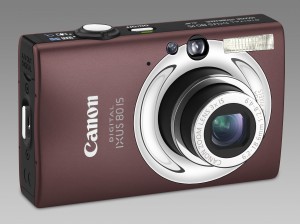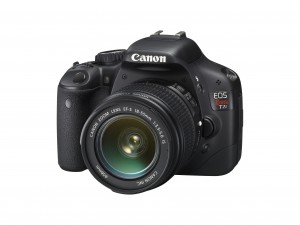So you’ve got yourself a new camera? Welcome to the world of photography. What now? There are a few basic things you need to know when setting up a digital camera for first time use. It is nice to know that digital cameras are almost 100{8b9ac3071aeb4436540358993aebb95605d2993e9913834c3af277ac21bd1460} compatible with the newer windows operating software and can be addressed by almost all tech support lines like Windows Support, Microsoft Support and numerous software support teams worldwide. Microsoft’s newest operating system, Windows 7, support almost all digital cameras without the need for specialized software or software upgrades. When you unboxed a digital camera, there are 3 things that are present in all packages, the camera itself, data cable and the installation software. Accessories, photo software and freebies differ from one camera to another but the first three items mentioned are all there when the box is opened.
First thing a user needs to do is to power up the camera. Most cameras have a small amount of battery charge when it leaves the factory so a new camera should power up with no problems right out of the box. Check the lens and the viewfinder for plastic protective films as these cause blur either through the viewfinder or to the picture taken. This is a common mistake for camera beginners. Next, power up the PC and connect the data cable to it but do not connect the other end to the camera yet. Why? Because some cameras require installing the camera software first before connecting the camera and others require that the camera be connected before software / driver installation. In Windows 7 it would be safe to just connect the camera and then it will be detected and installed right away. With older versions, like XP or Vista, caution must be observed and make sure to follow on screen instructions to ensure a successful software installation.
After installing the camera software and connecting the camera to the PC, it should get detected as a storage device in the My Computer area. At this point, the camera is already a part of the storage devices of windows and the user can now drag and drop photos from taken from the camera to the hard drive. An option to install a photo management program with more advanced features like an automatic photo organizer, automatic photo filename maker and photo enhancements should be available but is not a necessity if the user chooses not to install them. It is also important to fully charge a camera on its first use since the battery life is almost always affected by the initial charge it receives so with all these, we hope you enjoy your new toy.
So you’ve got yourself a new camera? Welcome to the world of photography. What now? There are a few basic things you need to know when setting up a digital camera for first time use. It is nice to know that digital cameras are almost 100{8b9ac3071aeb4436540358993aebb95605d2993e9913834c3af277ac21bd1460} compatible with the newer windows operating software and can be addressed by almost all tech support lines like Windows Support, Microsoft Support and numerous software support teams worldwide. Microsoft’s newest operating system, Windows 7, support almost all digital cameras without the need for specialized software or software upgrades.
When you unboxed a digital camera, there are 3 things that are present in all packages, the camera itself, data cable and the installation software. Accessories, photo software and freebies differ from one camera to another but the first three items mentioned are all there when the box is opened.
First thing a user needs to do is to power up the camera. Most cameras have a small amount of battery charge when it leaves the factory so a new camera should power up with no problems right out of the box. Check the lens and the viewfinder for plastic protective films as these cause blur either through the viewfinder or to the picture taken. This is a common mistake for camera beginners. Next, power up the PC and connect the data cable to it but do not connect the other end to the camera yet. Why? Because some cameras require installing the camera software first before connecting the camera and others require that the camera be connected before software / driver installation. In Windows 7 it would be safe to just connect the camera and then it will be detected and installed right away. With older versions, like XP or Vista, caution must be observed and make sure to follow on screen instructions to ensure a successful software installation.
After installing the camera software and connecting the camera to the PC, it should get detected as a storage device in the My Computer area. At this point, the camera is already a part of the storage devices of windows and the user can now drag and drop photos from taken from the camera to the hard drive. An option to install a photo management program with more advanced features like an automatic photo organizer, automatic photo filename maker and photo enhancements should be available but is not a necessity if the user chooses not to install them. It is also important to fully charge a camera on its first use since the battery life is almost always affected by the initial charge it receives so with all these.






